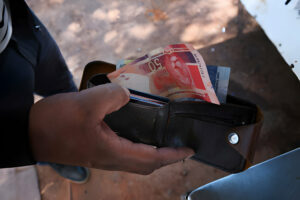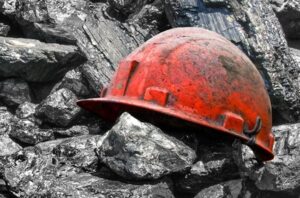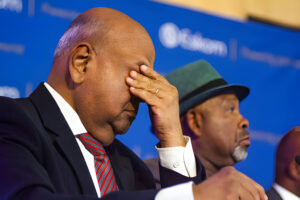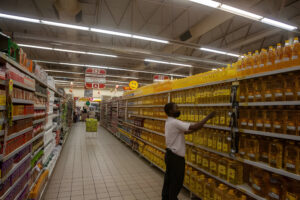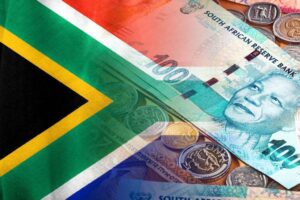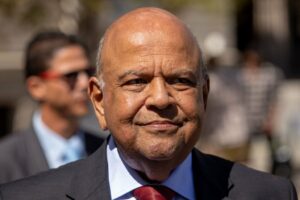South African municipalities have been steadily hiking rates over recent years, a move that has not only impacted property owners and the rate of borrowing but also contributed to the country’s inflation.
“Increases in municipal property valuations and rates have resulted in substantial tariffs being levied on commercial and industrial property owners, which have continued increasing significantly each year,” said Mark Govender from Swindon Property Valuers.
He further elaborated on the trend, noting,
“For the past five-year period, these commercial and industrial property owners have raised objections regarding total rates increases ranging between 43% and a staggering 500%. In 2023, the average rate increase across provinces stands at approximately 20%.”
SAPOA Expresses Concern
The South African Property Owners Association (SAPOA) has voiced its apprehensions, suggesting that these rate hikes might be in violation of the National Treasury’s guidelines. Such excessive increases, they argue, place undue upward pressure on inflation.
“These ongoing, hefty rates increases for commercial property simply make no sense. It’s not only unsustainable, but these hikes are often passed on to tenants, affecting the overall health of businesses in the economy,” commented Govender.
Impact on Households
It’s not just businesses that are feeling the strain. South African households, many of which are already grappling with a tough economic climate, are also bearing the brunt of these rate hikes.
While the City of Johannesburg reported a property rate increase of only 2%, the Organisation for Undoing Tax Abuse (Outa) highlighted that this figure doesn’t account for the most recent General Valuation Roll (GVR). The new valuation roll in Johannesburg averaged an increase of 12%, but some properties saw valuations surge by up to 70%, exacerbating the impact of the rate hikes.
Julius Kleynhans, Outa’s Executive Head of Social Innovation, shed light on the broader implications of these increases:
“When you factor in other city tariffs like electricity (14.97%), water (9.3%), sanitation (9.3%), and refuse removal (7%), these hikes could account for around 20% of a ratepayer’s monthly expenses.”
Migration to the Western Cape
The combination of escalating living costs and governance issues in Johannesburg has prompted many to seek refuge in the Western Cape. However, Cape Town hasn’t been spared from rising costs either. Recent protests erupted in response to a 17.6% electricity tariff hike, surpassing the 15.1% tariff determined by the National Energy Regulator of South Africa.
This situation underscores the broader challenges faced by residents across South Africa, as they navigate the complexities of rising municipal rates amidst an already challenging economic landscape.


